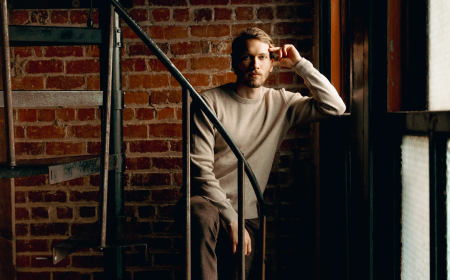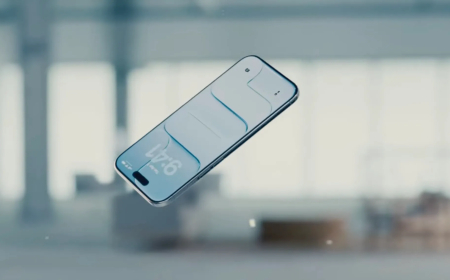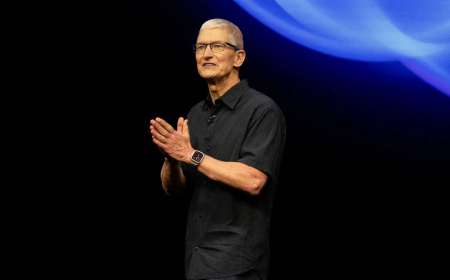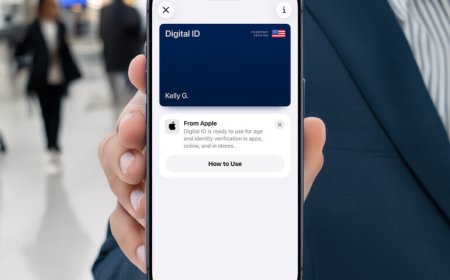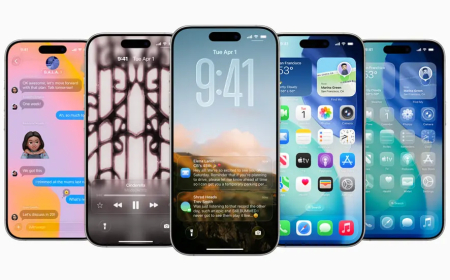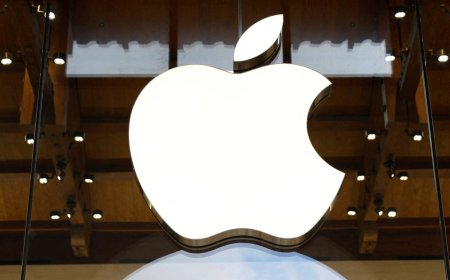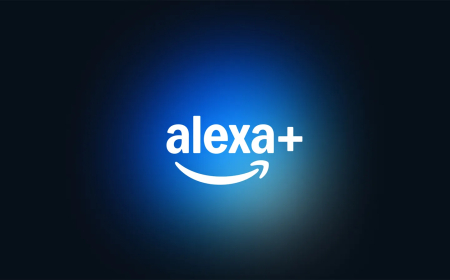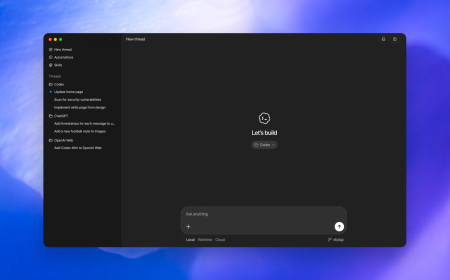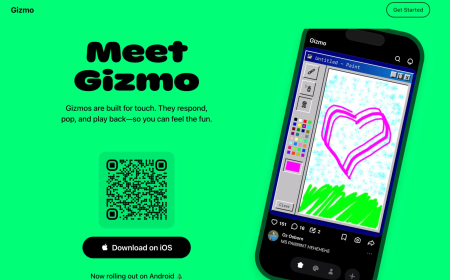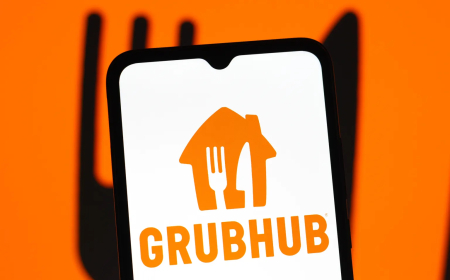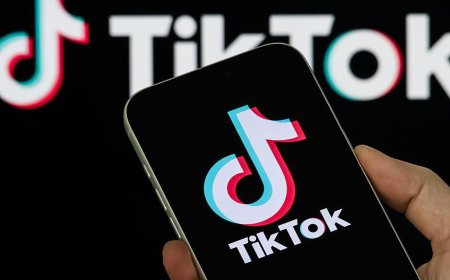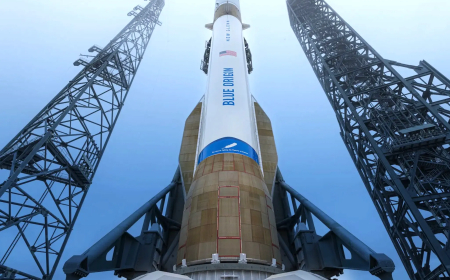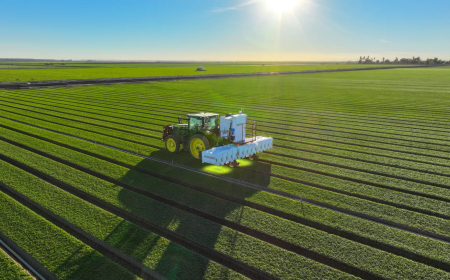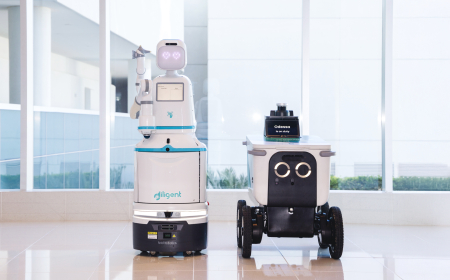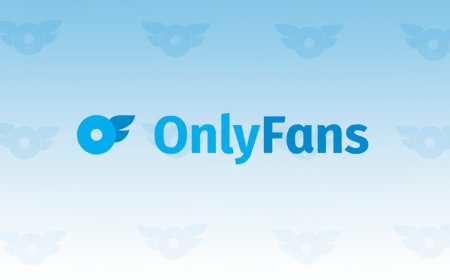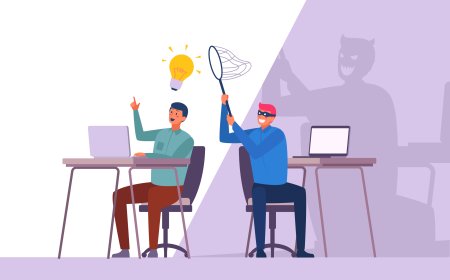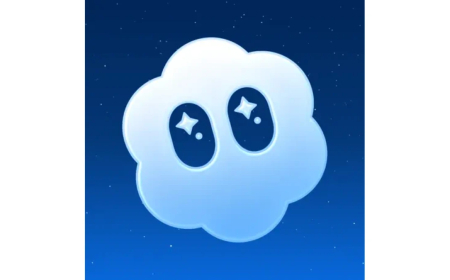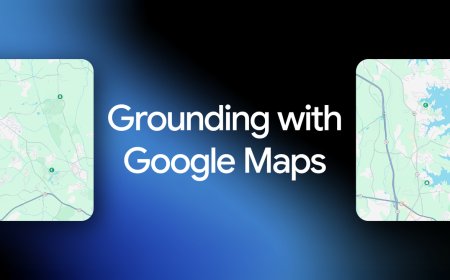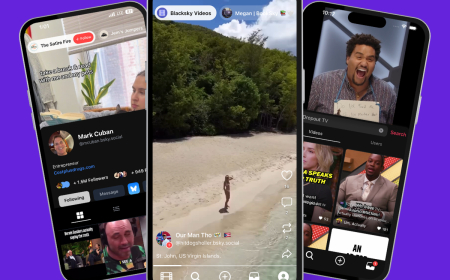The music industry is broken: OpenWav’s new app aims to change that
OpenWav app, Wyclef Jean music, Jaeson Ma, indie artists, music industry news, direct-to-fan platform, AI tools for artists, streaming alternatives
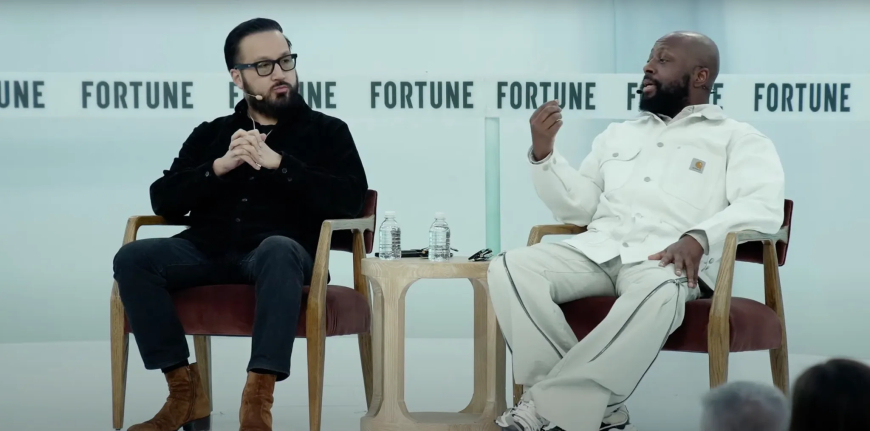
Grammy-winning artist, composer, and producer Wyclef Jean believes today’s music industry is fundamentally broken — and that’s why he’s partnered with a new startup, OpenWav, designed to put control back in the hands of creators. Launched earlier this summer, the OpenWav app allows musicians to release new tracks and exclusives, connect with their fans directly, sell merchandise, organize concerts, pop-ups, and listening parties, and more. In its next stage, the platform also plans to integrate AI-driven tools to further support artists.
Speaking at the Fortune Brainstorm Tech conference this week, Jean — who now serves as OpenWav’s chief creative officer — strongly criticized the streaming economy, calling out its unfair payment structures.
“If you’re a new artist, the number of streams you need just to reach $10,000 is basically a scam. That’s why there’s constant pushback now,” Jean said. He even referenced Cardi B, who recently promoted her album by handing out CDs and vinyl in public — a move many found amusing, but which, Jean argued, highlighted how bad things have become for working musicians.
To illustrate the issue, OpenWav co-founder and CEO Jaeson Ma added context: “Right now on Spotify, to make around $3,000 you need one million streams.” Ma — a longtime media entrepreneur and investor with stakes in companies like Musical.ly (now TikTok), Triller, Coinbase, Grab, and the NFT platform OP3N — explained that this unsustainable system is exactly why OpenWav is building a direct-to-fan model.
“The algorithms aren’t rewarding music anymore,” Ma said, echoing a recent complaint from singer Lizzo, who noted the absence of a clear “song of the summer” this year. Instead of chasing millions of casual listeners, Ma suggested that artists focus on building a smaller, dedicated fanbase.
“If you’ve got 1,000 true fans who each spend $10 a month — the price of a Starbucks coffee — that’s $120,000 a year for an independent musician. Think about that.” (Technically closer to $100,000, but the point still stands: direct engagement makes a sustainable career possible.)
He continued: “Spotify isn’t paying you. Instagram and TikTok aren’t paying you. But your real fans will. They’ll buy your tickets. They’ll pay for exclusive releases — music they can first hear on OpenWav. They’ll purchase your merch. And with just that $10-a-month relationship, you can actually survive as an artist.”
Of course, OpenWav isn’t the only company looking to tap into the super-fan economy. Spotify itself has been working on a new premium tier aimed at superfans, offering perks like early ticket access and exclusive features. But while Spotify has been negotiating with major labels like Universal and Warner Music, OpenWav is aiming at independent artists and newcomers instead.
The concept isn’t brand-new. Back in 2018, Spotify briefly allowed indie artists to upload music directly to the platform before shutting the feature down under pressure from record labels worried about their market share.
When asked what makes OpenWav stand out from competing fan-focused apps, Ma stressed its all-in-one approach:
“On OpenWav, you can sell tickets and keep 80% of the revenue — 20% goes to the platform. Everyone who buys a ticket joins the event chat, similar to a Discord group, where artists can interact directly with attendees. You can even sell merchandise within that chat using global dropshipping, no upfront inventory needed,” he explained.
Crucially, artists also own their audience data — including fans’ email addresses and phone numbers. The app includes AI design tools for merch, and both Jean and Ma expressed excitement about AI’s potential. Jean emphasized that AI can expand what creators are able to produce, while Ma pointed out that producers like Timbaland are already using AI platforms such as Suno to experiment with music in new ways.
Looking ahead, OpenWav plans to use AI much like a digital manager — suggesting tour stops, designing album art, generating lyric videos, or brainstorming merchandise ideas.
“AI is going to become an artist’s best friend,” Ma said, noting that these advanced features will roll out in “phase two” of the app.
For now, OpenWav is available on iOS and Android, giving both emerging and independent artists a new way to connect with fans — and a chance to build a sustainable career outside the broken streaming model.
What's Your Reaction?
 Like
0
Like
0
 Dislike
0
Dislike
0
 Love
0
Love
0
 Funny
0
Funny
0
 Angry
0
Angry
0
 Sad
0
Sad
0
 Wow
0
Wow
0


